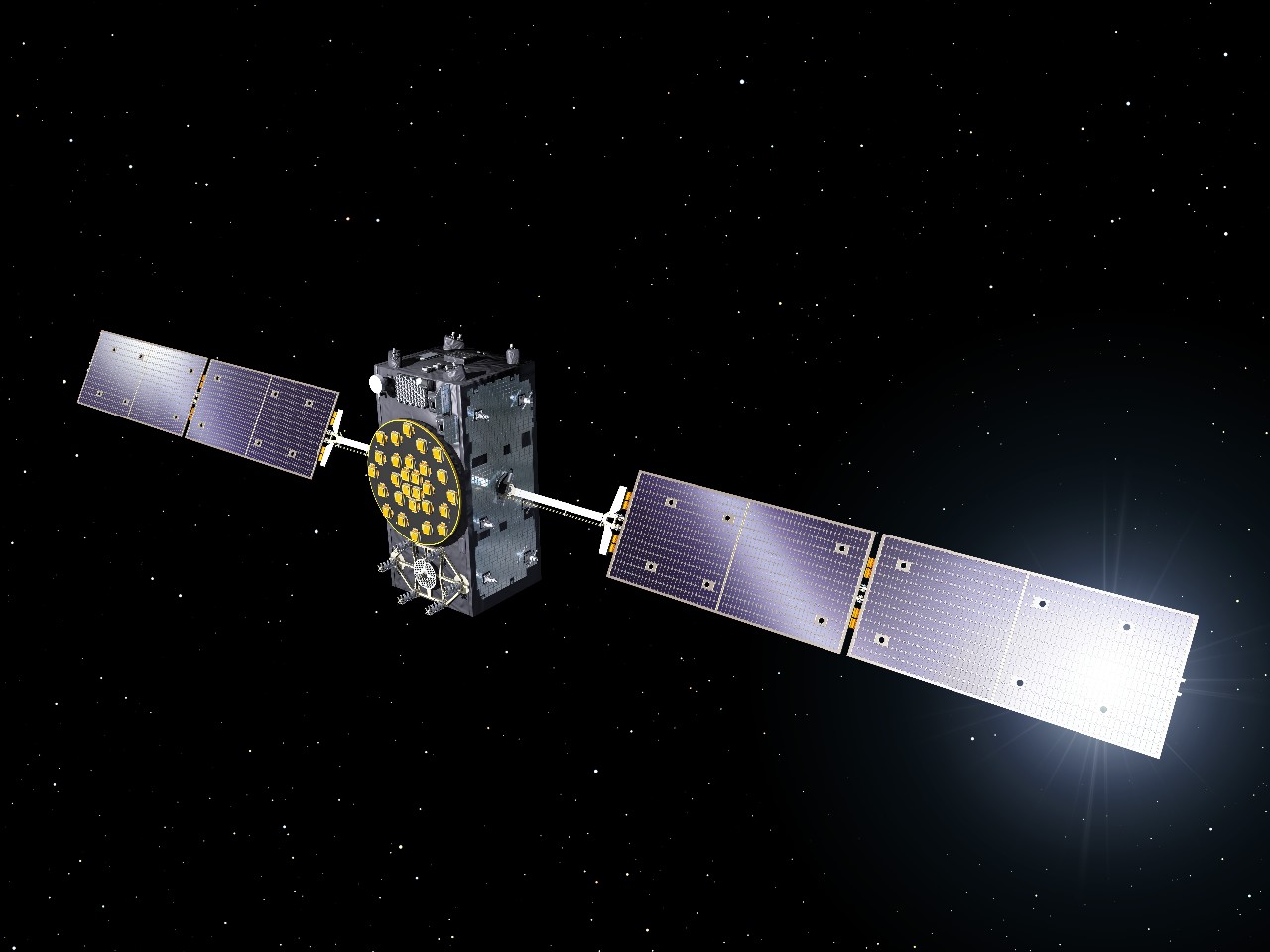The European Commission announced the official entry into service of the Galileo satellite navigation system on 15th December. The announcement marks a first step toward full services in 2020 that will offer completely autonomous and enhanced positioning, timing and signal security performance.
Galileo is now operational and ready to give Europe strategic and economic independence from other satellite navigation systems. With 18 satellites in orbit out of the final constellation of 26 that will be in place by 2018, Galileo is today capable of delivering initial services with signal reliability and availability guaranteed by the European Commission, and the assurance that the satellites and ground infrastructure are fully operational.
As of 15th December, Galileo is offering the following services and features free of charge:
• Open Service (OS), meaning more-accurate navigation for users whose smartphone or vehicle is already equipped with a Galileo chip.
• Support for emergency operations with the SAR (Search & Rescue) service, shortening the time needed to locate an emergency call to less than 10 minutes.
• Better synchronization for critical infrastructures, enabling better management of financial transactions, telecommunications and power transmission grids.
• Public Regulated Service (PRS), bringing greater security and new, more-precise tools for civil protection agencies, humanitarian aid teams and customs and police officers.
The European Commission has overall responsibility for satellite navigation programmes, relying for programme management on the European Space Agency’s expertise in developing and deploying systems, and on GSA, the European GNSS Agency based in Prague, for system operation. The Toulouse Space Centre (CST) plans and conducts satellite positioning operations in partnership with ESA’s European Space Operations Centre (ESOC).

